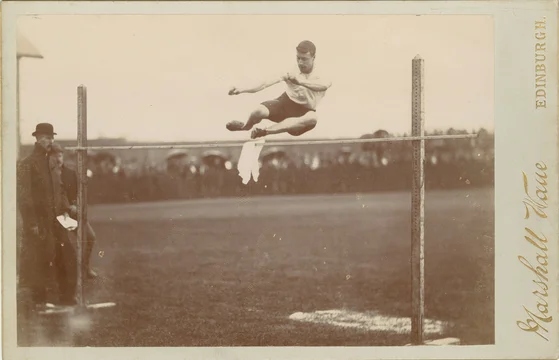
Under Judge Andrews' form scheduling order, the parties are allotted a certain number of pages for both Daubert and summary judgment briefs. Given how difficult it is to win most Daubert motions in the district, it might sometimes make sense to forego filing one in order to devote more pages to briefing a seemingly stronger SJ motion.
Yesterday, Judge Andrews gave the district a reason to rethink this strategy.
The defendants in M2M Solutions LLC v. Sierra Wireless America, Inc., C.A. No 14-1102-RGA-CJB, moved for summary judgment of non-infringement, relying largely on their expert's opinion that the devices did not practice a particular limitation. D.I. 213 at 3 (D. Del. Mar 31, 2021). The plaintiff responded by pointing to various alleged errors in the defense expert's methodology, but failed to actually file a Daubert motion to strike the opinion. See id. Judge Andrews found this failure fatal to the plaintiff's case, stating:
M2M’s objections may be the appropriate subject of a Daubert motion, but M2M does not cite any authority for the proposition that critiquing an expert’s methodology in the absence of a motion to exclude the testimony is sufficient to create a material dispute of fact.
Id. at 4.
The bit of this opinion that I find interesting is the implication that the plaintiff might have succeeded if they had taken the simple procedural step of filing a Daubert motion -- perhaps even one based on the same arguments they put forth in the SJ response. And so remember the defensive Daubert dear Delaware readers, it may well be worth the pages.
If you enjoyed this post, consider subscribing to receive free e-mail updates about new posts.


